In any real estate sale, two things of great value are exchanged — a piece of property and a large sum of money.
The seller of the property is rightly concerned that the buyer has sufficient funds or an approved mortgage to buy the home and that they release the money in a timely manner.
Likewise, a buyer may be worried that the seller will really give up the deed after they fork over the money.
So how do the buyer and seller assure that their interests are protected during this exchange?
Enter the escrow agent.
As a neutral third party, an escrow agent — or even just an escrow account — ensures that the exchange of money and property takes place as planned.
Escrow also acts as a holding bin so the buyer can be assured that the seller won’t make off with the cash without signing over the deed.
In this article, we’ll dive into the details about what escrow is, why it’s a necessary part of real estate transactions, where it’s used, and how it works.
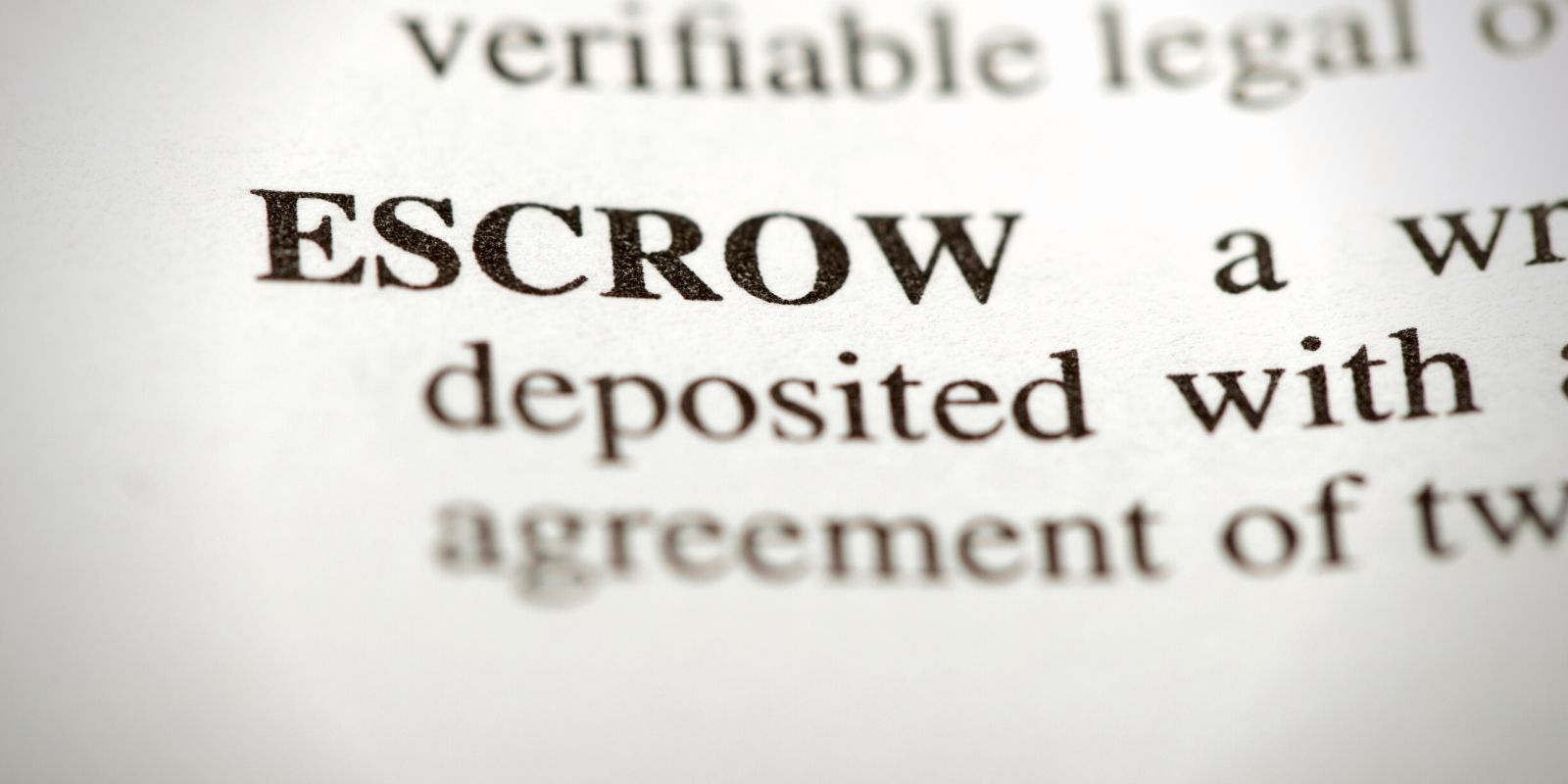
What is Escrow?
Just like a referee in a ball game, an escrow agent ensures that all parties in the real estate transaction play nice.
This person holds on to the money and assets until the conditions of a contract are met.
An escrow agent is a third party in the transaction.
This could be the title company, a real estate attorney, or another third party.
In a real estate sale, there are terms in the contract that the buyer and seller sign that must be met before the sale closes.
These can include the home passing inspection, certain repairs completed, or proof that the buyer has secured a mortgage to pay for the property.
Once the terms of the contract are met, the escrow agent releases the funds from the escrow account and the real estate can be transferred to the buyer’s name.

How Does Escrow Work?
There are different types of funds held in escrow, and the buyer and seller aren’t the only parties in the transaction.
The real estate agent, attorney, HOA, and title company all want to get paid too.
The first type of funds that usually go into escrow is earnest money.
The buyer typically puts a nonrefundable deposit down to hold the property and show that they are an earnest buyer, not just a looky-lou.
Naturally, the buyer doesn’t want the seller to just take the earnest money and sell the property to another buyer, so the funds are put in an escrow account.
This assures the seller that the funds are real and set aside for the transaction and assures the buyer that their funds are safe.
On or after the closing dates, the lender will wire the money for your mortgage into the escrow account.
Depending on your state’s laws and how the contract is written, real estate agents, attorneys, title agents, and some others can get paid from the funds in escrow.

Types of Escrow Accounts
There are two principal times that escrow accounts are used in real estate — during the purchasing process and for the ongoing payment of taxes and insurance.
Escrow Accounts for Home Buying
In the home buying process, the escrow account holds specific funds (i.e., earnest money and any prepaid taxes or other items) until the real estate purchase is complete.
This ensures that the terms of the contract are met before closing and that all the parties get the money that is owed to them.
Escrow Accounts for Taxes & Insurance
After the real estate deal closes, the buyer must pay taxes and homeowner’s insurance on an ongoing basis.
The lender has a vested interest in making sure you pay your taxes and insurance, so they’ll often establish an escrow account to hold the money for these purposes.
They’ll roll the costs into your monthly mortgage payment, put the tax and insurance portions in escrow until they’re due, then take care of paying these bills for you.
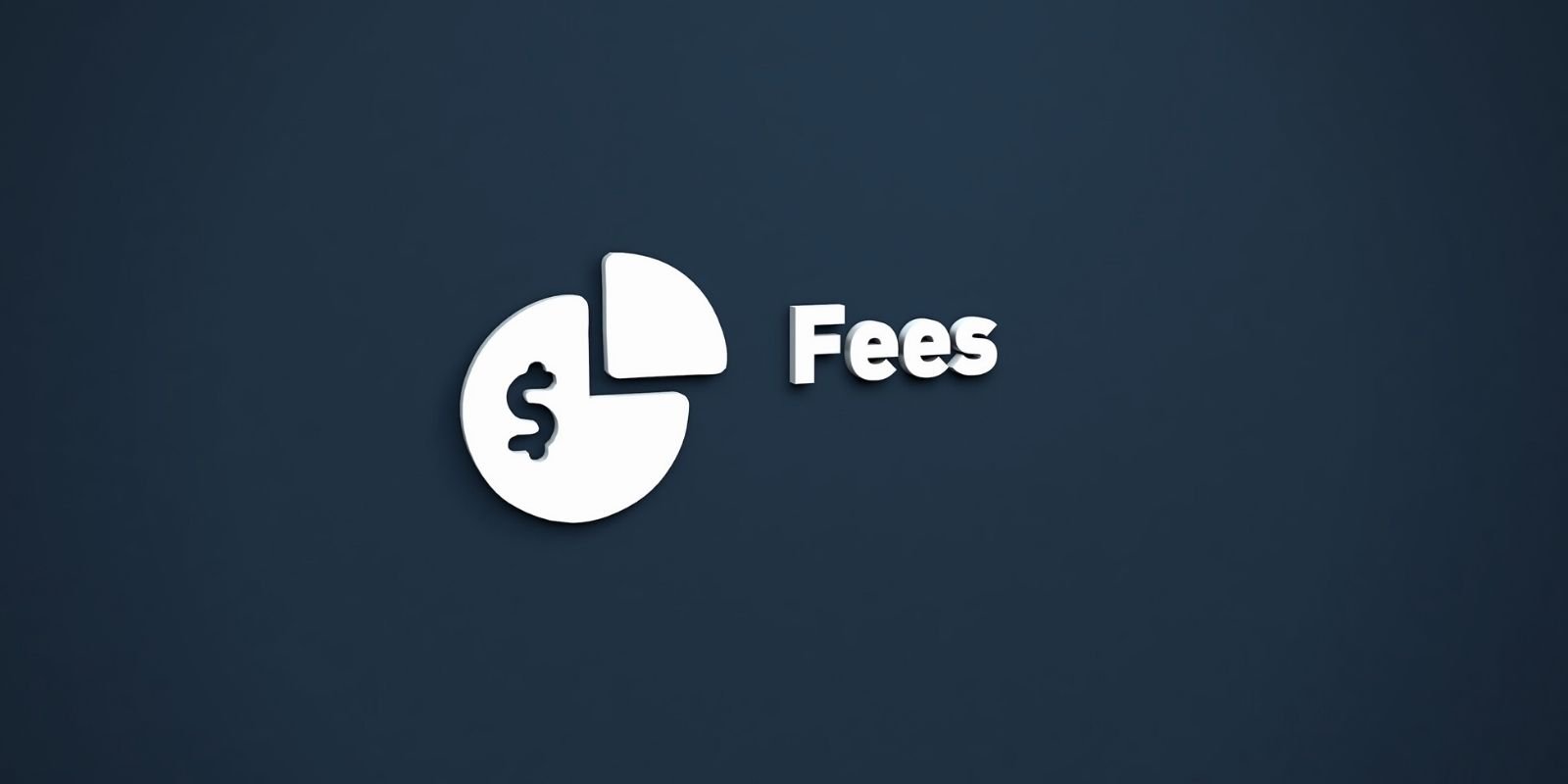
Escrow Fees & How They Work
Naturally, the escrow agent wants to get paid for his or her efforts in holding onto the money for you, ensuring the terms of the contract are met, then disbursing funds to the appropriate parties.
As such, they charge fees for their escrow services.
Because escrow benefits both buyer and seller, they generally split the escrow fees.
These fees are usually 1-2% of the purchase price of the home.
The escrow fee will be listed on your loan estimate, and on the closing disclosure document.
When you’re paying escrow fees for the mortgage lender to hold funds for your taxes and insurance, those fees will be wrapped up in your loan.
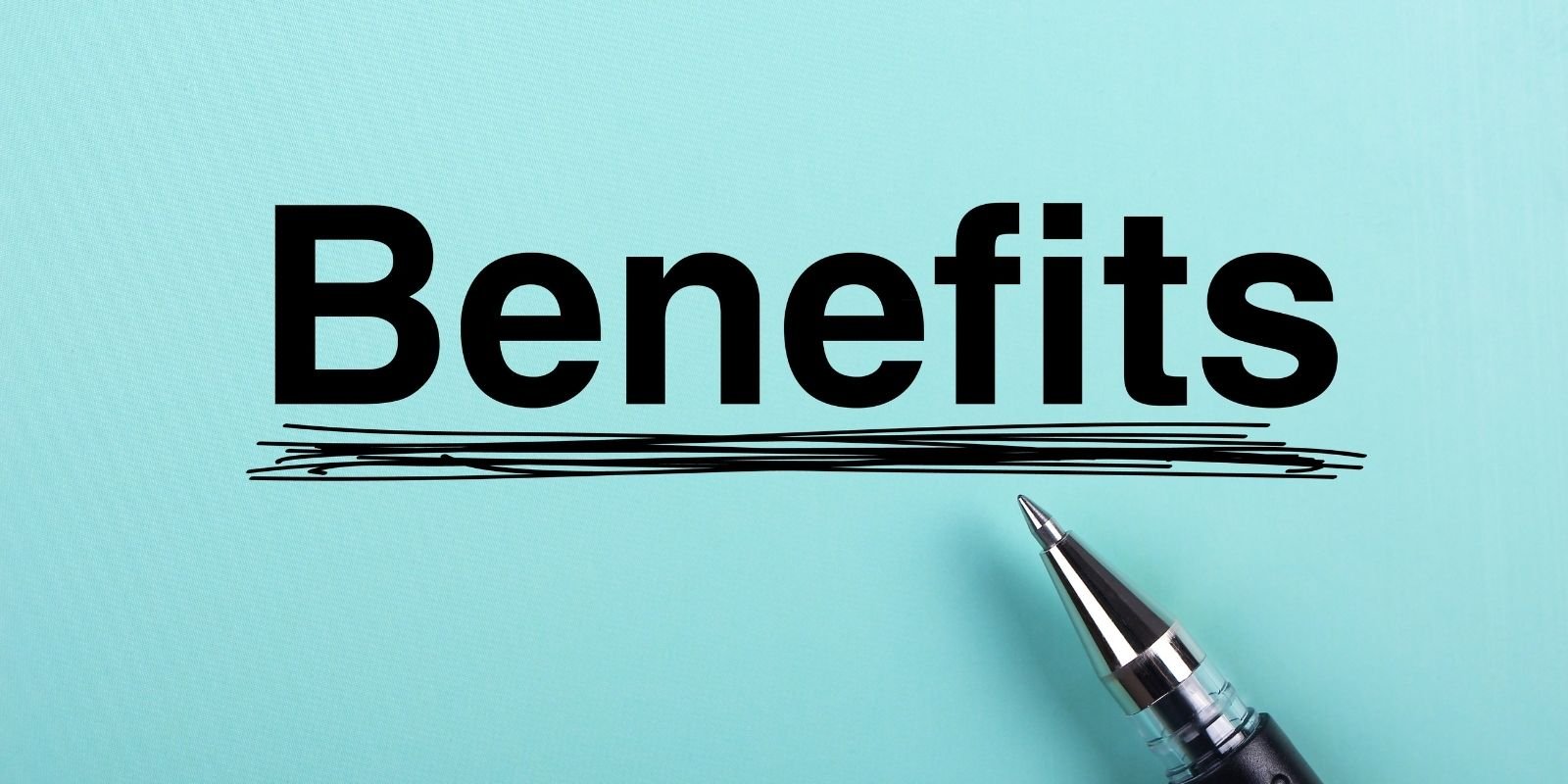
Benefits of Escrow
The benefits to using an escrow agent and/or an escrow account are many.
- Ensure you get your money. Sellers want to be sure they’ll actually get paid when they sell their home. Escrow ensures that sellers and those they employ (such as real estate agents, attorneys, etc.) get paid once the deal closes.
- Ensure that the buyer can’t take your money and run. Even though earnest money is a small amount compared to the full purchase price of the property, anyone handing over thousands of dollars wants to make sure it goes to the right place. Escrow does just that.
- Never have a late tax or insurance payment. When your money for taxes and insurance is held in escrow, the escrow agent is responsible for paying these bills for you, so you no longer have to worry about paying your bills on time.
- Make sure you have enough for large bills. Depending on your home and where you live, your tax and insurance payment can be pretty hefty. By paying these to an escrow account each month, you’ll never have a big tax or insurance bill sneak up on you.
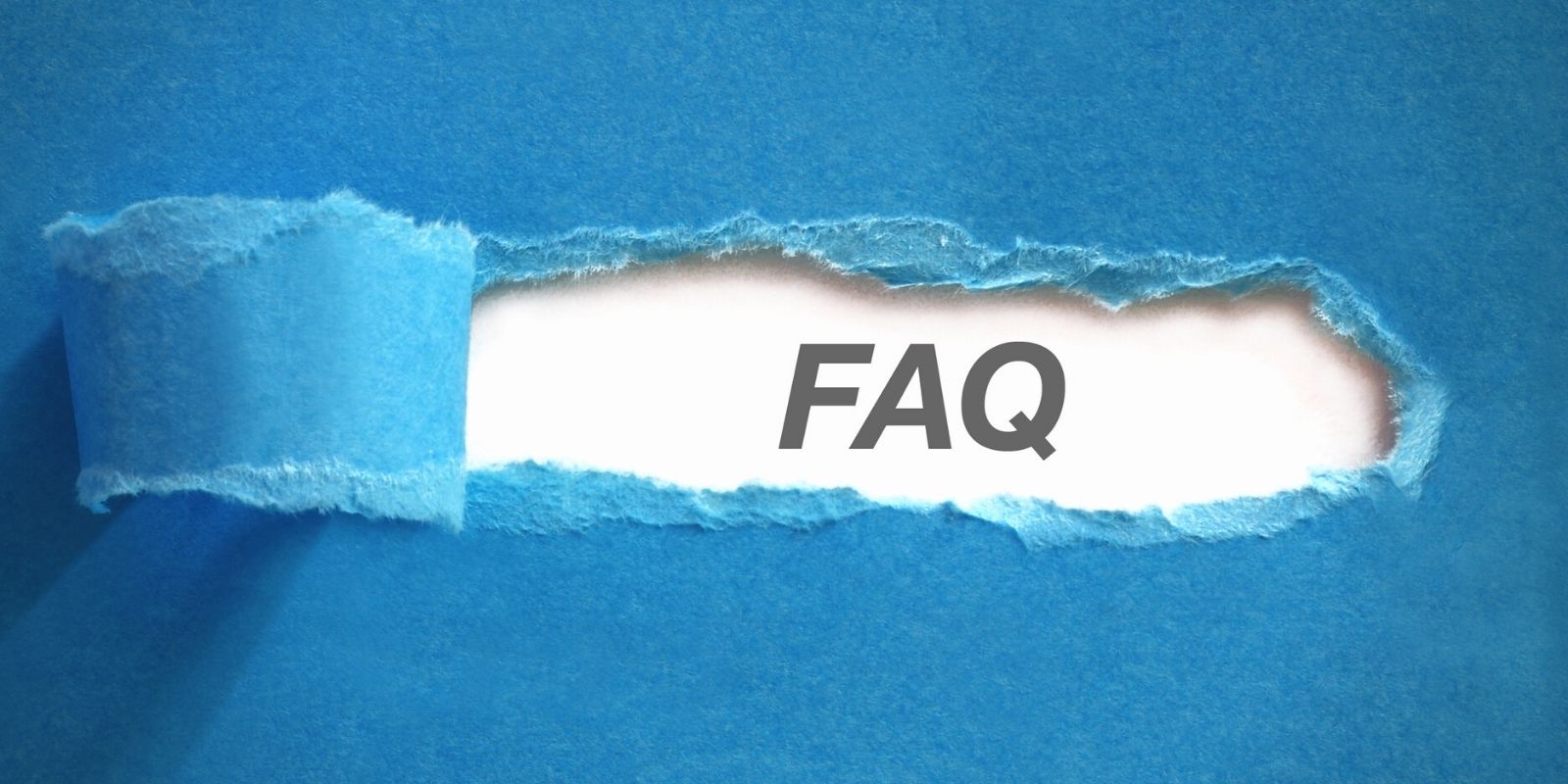
Escrow FAQS
Escrow is a bit of an intangible concept for many buyers and sellers, so we’ve included a collection of common questions about escrow agents and accounts to help you out.
Who Can be an Escrow Agent?
The escrow agent for the escrow account that holds your tax and insurance payments is typically your mortgage lender.
For real estate transactions, the escrow agent is usually a real estate attorney or the title office.
What do Escrow Accounts Not Cover?
Escrow accounts are used for tax and insurance payments, but they cannot be used for other payments associated with your home.
HOA fees, utility bills, and mortgage principal and interest payments cannot be paid from your escrow account.
What Happens if I Put Too Much Money in My Escrow Account?
Because the bill for your taxes and homeowner’s insurance can change from year to year, occasionally you will have put more money in escrow than you need to cover these bills.
In this case, the escrow company will give you a check for the excess.
If you haven’t put enough money in, you’ll need to make an extra payment to make up the difference.
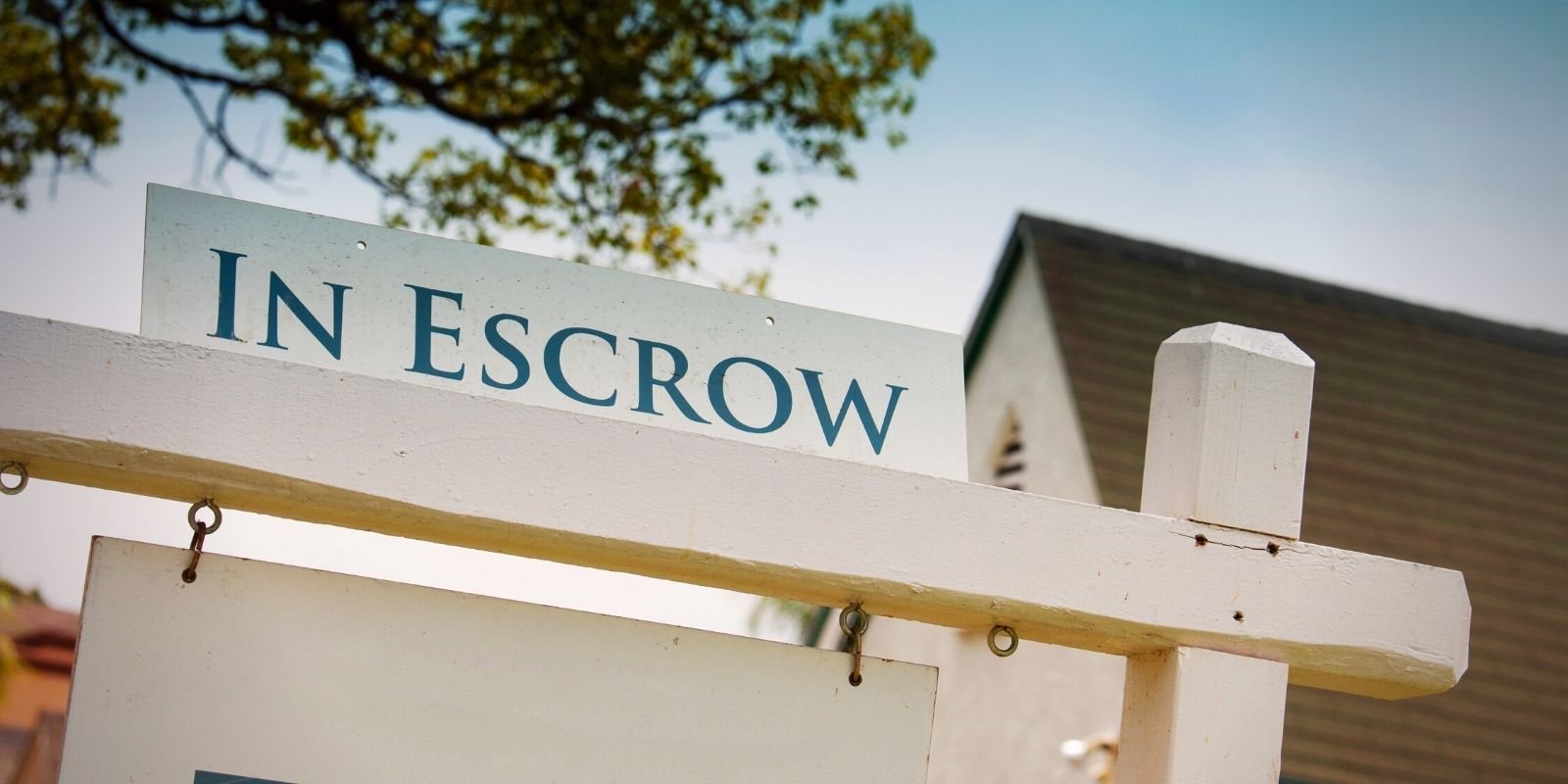
Wrapping Up Our Guide to “What is Escrow?”
Escrow is the ideal way to make sure everyone in the real estate transaction plays nice together in the proverbial sandbox.
Because there is so much at stake, it’s ideal to entrust the transfer of funds and assets to a neutral third party to make sure everyone’s interests are protected.
If you’re looking for someone to answer your questions about the escrow process or help you vet escrow agents, ask your local real estate agent.
To find a trustworthy and reliable real estate agent, look no further than the oldest real estate agency in Fort Worth, TX: Helen Painter Group Realtors.
Helen Painter’s agents have been representing buyers and sellers in Fort Worth since 1958.
Call us today for your free consultation from the most trusted agency in Texas!

